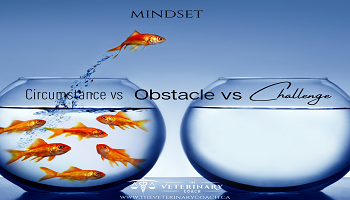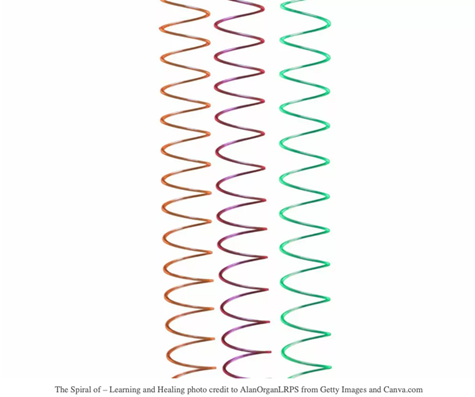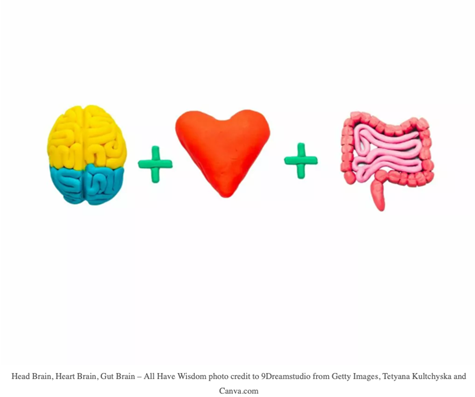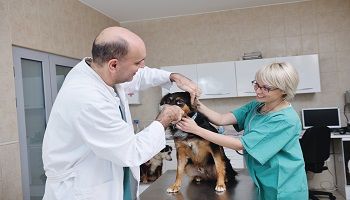Veterinary Life Mindset Challenges, Obstacles or Circumstances?
This blog was originally written in December 2020, AND, the importance of the question remains the same! How we see the world is informed by so many things – including but not limited to: what we are taught as young people, what we learn over time, our nervous system state, our mood, our state of being, and our strengths.
It is easy to fall into a pattern of behaviour that sets us up for repeated challenges and opportunities. Our Mindset is something that we need to be continuously aware of and check in on. Here is the story as if it were yesterday…
My family and I were playing a game of cards at the dinner table last night, having a lovely, fun-filled discussion. My ‘children’ are now 19 and 20 years old, so I tend to cherish every moment we get to spend together, as they usually have something better to do than to ‘hang out’ with their parents! We were laughing and talking, and one of my sons was animatedly describing a situation he had encountered.
I made what I thought was a non-judgemental comment: ‘That’s an interesting challenge isn’t it?’.
My story teller carried on with his story…
My other son looked at me and said – ‘Why do you always think everything is a challenge?? Why can’t anything simply be a circumstance’?
What a great question! And as with most great questions-I am still formulating a great response!
What I’ve come up with so far is that he might be right! My natural tendency (also known as mindset) IS to see things as a challenge, an opportunity to improve, learn, or change. That’s not a bad thing though right? Well…as with almost everything (as I have come to understand) it becomes about intention, balance and agility. Not every ‘circumstance’ requires improvement or change. Similarly, we are not stuck in every situation blocked by obstacles and with no options for change. All or nothing thinking, regardless of the topic is never a good thing and sets us up for … well … a myriad of bad things.
Also important to remember is when we are stressed we tend to default to our natural tendencies, and are at higher risk for that ‘all or nothing thinking’ (also known as closed mindset). Said another way-if your natural tendency is to see things as a challenge, you are at risk for taking on WAY too many challenges the more stressed you get. IF your natural tendency is to see the obstacles, then you will become more and more stuck by obstacle after obstacle, after obstacle. Being content with the ‘circumstances’ all the time holds it’s own issues as well.
In the end-being Agile, and looking without judgement at a ‘circumstance or situation’, can then let you decide with intention whether it is a ‘circumstance’ that requires no action, or whether you are going to start removing obstacles, or rise to the challenge. It is ALWAYS your choice. Remembering that is the tricky part – for me anyway!






